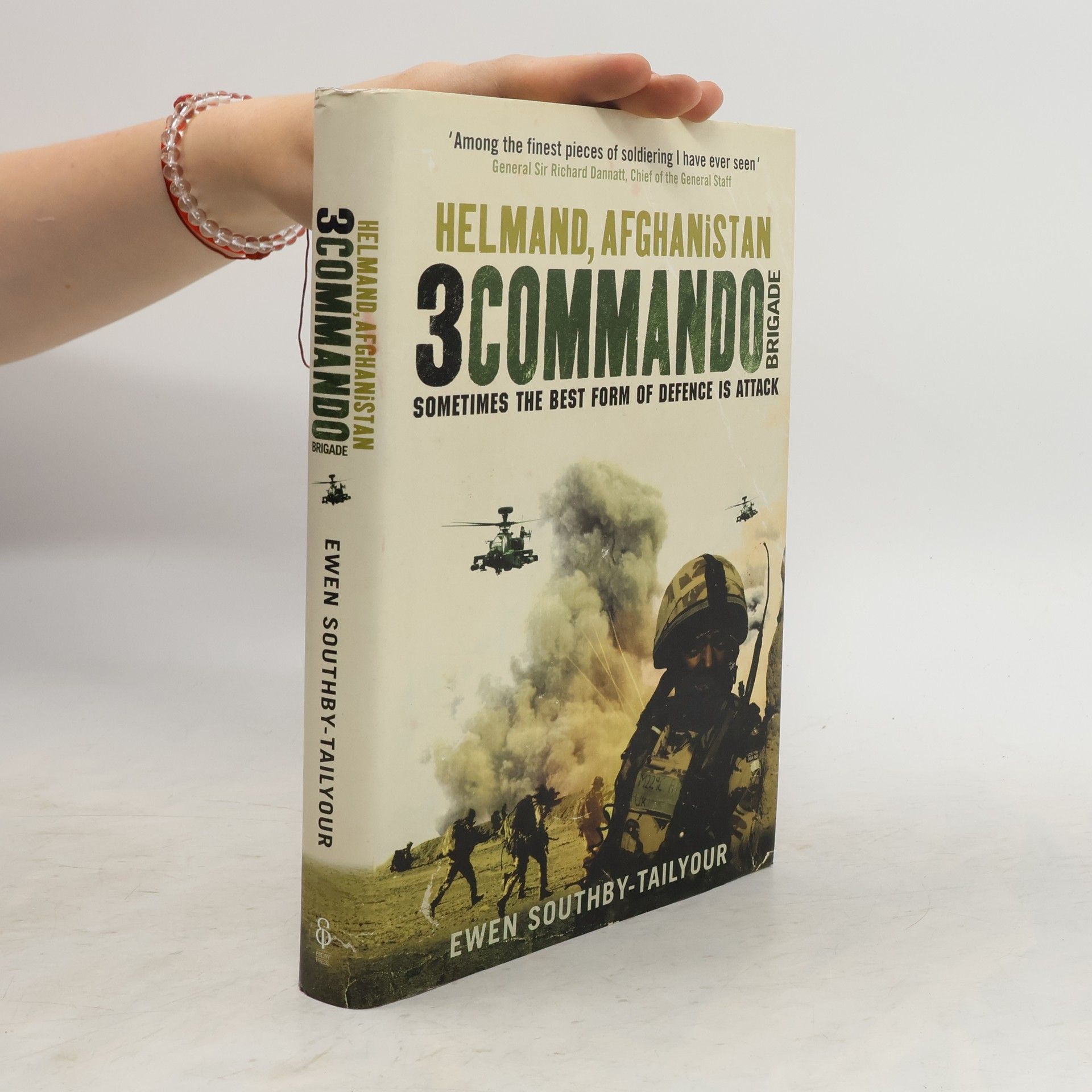Ewen Southby-Tailyour Libri


Employed by the European Community in Yugoslavia the author was tasked to report on the breaking of the arms embargo. Danger lurked as he conducted a beach and airport reconnaissance and interviewed war criminals. Closing in on the embargo busting he was ordered to falsify his daily reports in order to hide the evidence. He refused and resigned.